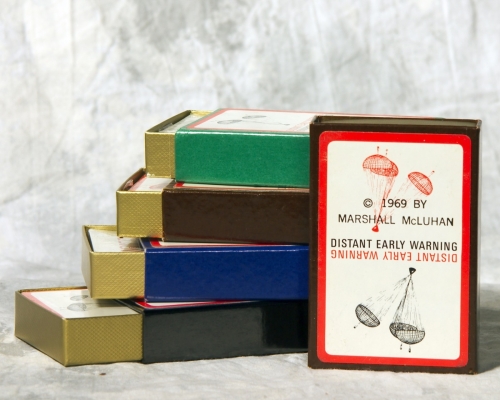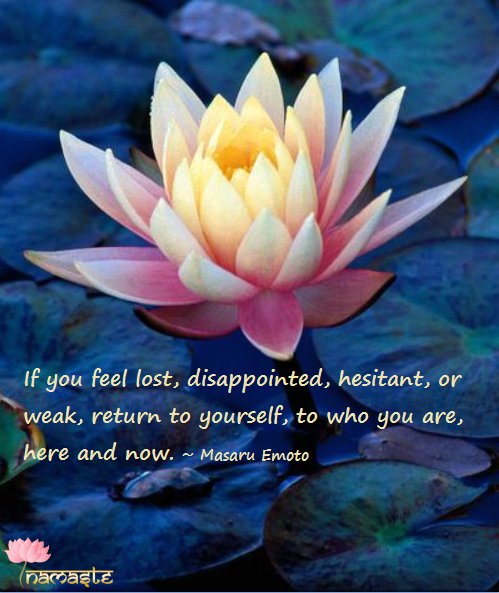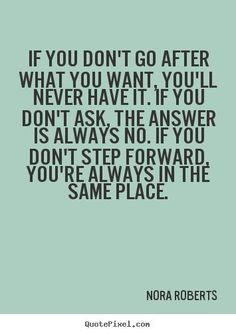
10 Brené Brown Quotes to Inspire Success and Happiness at Work
Dr. Brené Brown knows what it means to put yourself out
there and join the conversation. As one of the world’s leading
researchers on courage, vulnerability, shame and empathy, Brown has
risen to fame through her wildly popular TED Talks, three bestselling books
and speaking engagements around the world. She has interviewed hundreds
of people from all walks of life about what it means to step into the
arena, take risks and open oneself up to the possibility of pure joy.
And she believes that if today’s professionals practiced more
vulnerability at work, a world of innovation could await them.
Brown joined us in Austin at Indeed Interactive
to speak about the power of vulnerability in the workplace and what it
means to be a courageous business leader today. She shared insights on
performance and change management, and the ways risk-taking and failure
can create transformational growth in organizations. Below, we’ve
rounded up 10 of the most inspiring quotes from her keynote
presentation.
1. “Is there anyone that does not need to
navigate uncertainty and risk on a regular basis? To be alive is to be
vulnerable; to be a leader is to be vulnerable every minute of the day.
You don’t get to opt out.”
2. “If you don’t understand vulnerability,
you cannot manage and lead people. If you’re not showing up vulnerably
as a leader, you can’t expect anyone to follow you—period.”
3. “The more uncertain times come, the
more we look for models and methods and ways to engineer vulnerability
out of recruiting, out of hiring, out of training. We try to dehumanize
it and make it engineerable and put it in an Excel spreadsheet. I get
it, but you will never be able to engineer the humanity out of what you
do, ever.”
4. “The biggest shame trigger at work is the fear of your irrelevance. What drives the fear of irrelevance at work? Change.”
5. “When people are in difficult
situations—fear, anxiety, shame, stress—they’re making up stories about
what’s happening. As leaders, the only thing we can do is give “Is there anyone that does not need to navigate uncertainty
and risk on a regular basis? To be alive is to be vulnerable; to be a
leader is to be vulnspace and
time to those stories and reality-check them to the best of our
ability.”
6. “Are you willing to excavate problems
that people aren’t talking about that they’re stuck in? Do you choose
courage over comfort?”
7. “We need people to be braver, and we need to create a culture that allows for bravery.”
8. “Do you know what it takes to make an
ethical decision in the face of a group of people who are willing to go
the other direction? It’s one of the most single vulnerable acts of our
lives.”
9. “Giving feedback is incredibly
vulnerable for this reason: If you’re giving good feedback, you should
not be able to script what’s going to happen when you sit down with
someone. You should be willing to be able to hear.”
10. “When I looked at organizations that
are doing amazing work, a couple of them have put ‘daring greatly’ on
their performance evaluations.”
Bonus: “Vulnerability is terrifying and
it’s dangerous and scary, and the only guarantee I can give you is it’s
not as terrifying or as dangerous or scary as getting to the end of our
lives and having to ask ourselves, what if I would have shown up?”
To learn more about the inspirational ideas shared at Indeed Interactive 2016, download our new research in the 2016 Talent Attraction Study: How Top Performers Search for Jobs.






 Aristotle
Aristotle

 Multiple Sclerosis
Multiple Sclerosis















